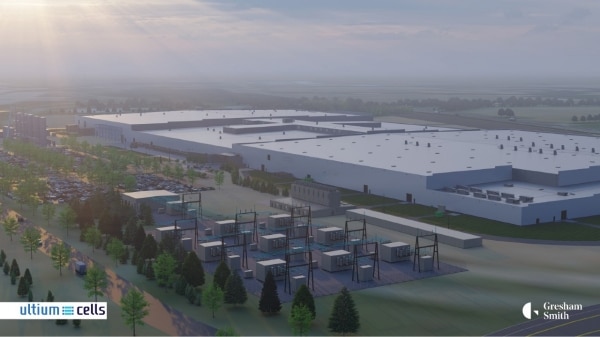Politicians in the US have sent a letter urging the US Environmental Protection Agency (EPA) to speed up its review of General Motors’ (GM) and LG Chem’s plans to build a plant in the state of Michigan.
The four politicians— all representatives of the state— have called for a “timely review” of two pre-manufacturing notice (PMN) applications in case their delay causes the plant openings to be postponed.
The applications were submitted to the EPA under section 5 of the Toxic Substances Control Act— but it’s understood a backlog of 300 PMNs has meant applications are reviewed on a “first in, first out’ basis.
GM and LG Energy Solution— a subsidiary of LG Chem— created a joint venture called Ultium Cells in 2019 to make cells for the electric vehicles in the US, including plants in Tennessee and Michigan.
The Michigan site will manufacture carbon nanotubes used in the production of its Ultium lithium-ion vehicle batteries.
The letter to the EPA stated: “Given the importance of this project to Michigan and to our country’s EV supply chain, we ask the EPA to complete the reviews of the PMNs so that these important EV battery projects are not delayed.”
The four members of Congress from Michigan are senators Debbie Stabenow and Gary Peters, and representatives Tim Walberg and Elissa Slotkin.
Ultium Cells US battery manufacturing
The Michigan site is the third of Ultium Cells’ plants.
In April, 2021, Ultium Cells announced it would invest $2.3 billion to build its second battery lithium-ion cell manufacturing plant in Tennessee, US.
The 2.8 million-square-foot battery cell plant is scheduled to be commissioned in late 2023.
Once operational, the facility will supply nickel-cobalt-manganese-aluminium battery cells to GM’s Spring Hill assembly plant.
Ultium Cells announced plans to mass-produce battery cells at its first plant in Ohio. Construction of the $2.3 billion facility is underway.
GM’s proprietary Ultium battery technology is large-format, pouch-style cells that can be stacked vertically or horizontally inside the battery pack.
Energy options range from 50-200kWh, which could enable a GM-estimated range up to 450 miles or more on a full charge.












